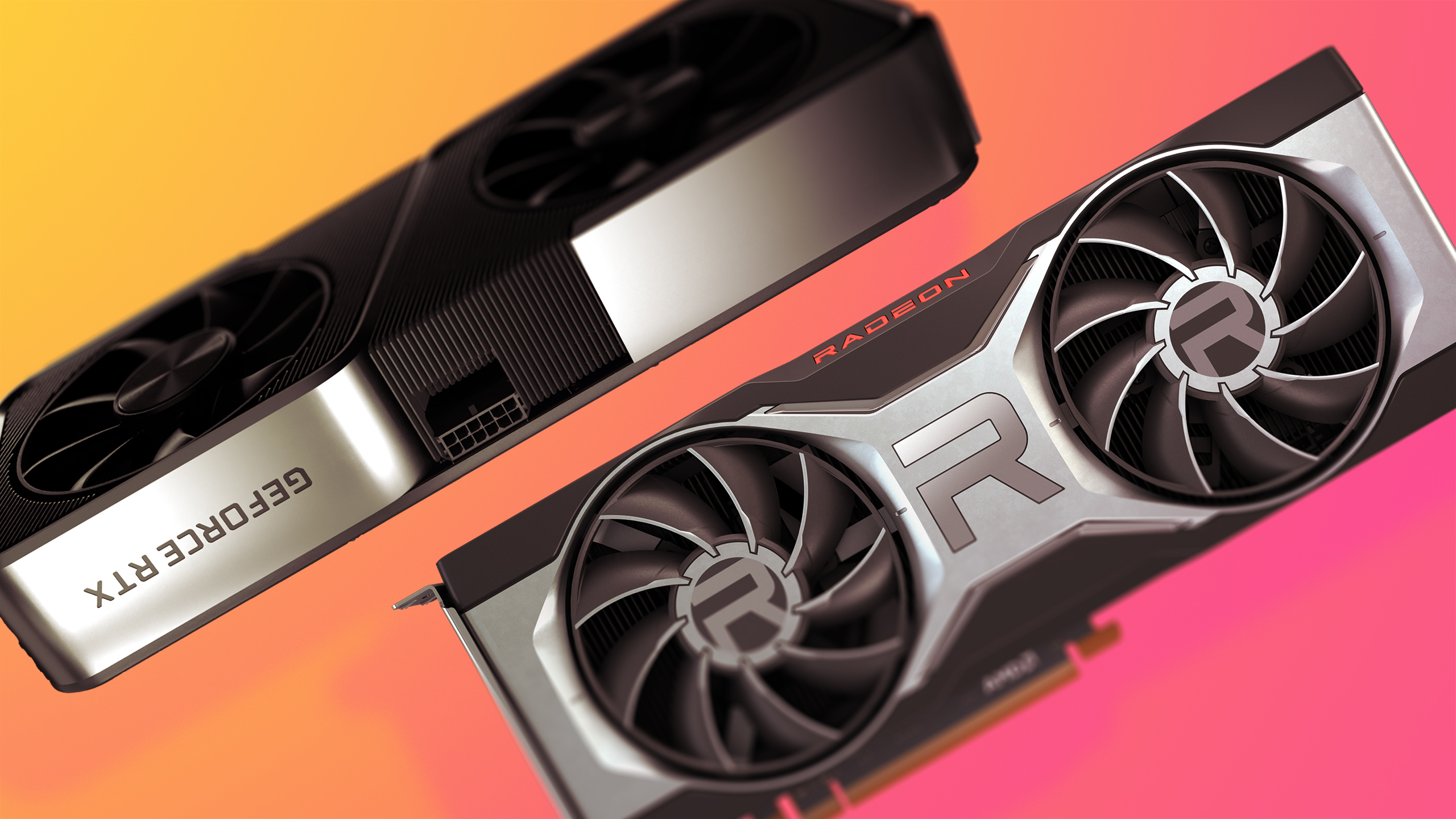AMD files teleportation patent to supercharge quantum computing
That's teleportation for Qubits, not for humans, sadly.

AMD has proposed a patent for 'teleportation,' meaning things could be about to get much more efficient around here. With the incredible technological feats humanity achieves on a daily basis, and Nvidia's Jensen going off on one last year about GeForce holodecks and time machines, it's easy for us to slip into a headspace that lets us believe genuine human teleportation is just around the corner.
"Finally," you sigh, mouthing the headline to yourself. "Goodbye work commute, hello popping to Japan for an authentic Ramen on my lunch break."
I'm sorry to say the reality is much less... palpable.
Our colleagues over at Tom's Hardware spotted the new patent lain down by AMD engineers, named 'Look-ahead teleportation for reliable computation in multi-SIMD quantum processor.' As the title suggests, it looks like the company has been researching systems involving quantum teleportation processes. The aim is to improve the current reliability of quantum computing, and even reduce the number of qubits necessary to make accurate calculations.

How to buy a graphics card: tips on buying a graphics card in the barren silicon landscape that is 2021
The patent file [pdf warning] contains step by step diagrams detailing the proposed process. Essentially, the 'out-of-order' execution method AMD is looking to lay claim to ensures some Qubits that would be left idle—waiting for their calculation step to come around—are able to execute independent of a prior result. Where usually they would need to wait for previous Qubits to provide instructions, they can calculate simultaneously, no need to wait in line.
So, no, we're not going to be zipping through wormholes just yet. But if AMD's designs come through, we could be looking at much more efficient, scalable and stable quantum computing architecture than we have now.
The biggest gaming news, reviews and hardware deals
Keep up to date with the most important stories and the best deals, as picked by the PC Gamer team.

Screw sports, Katie would rather watch Intel, AMD and Nvidia go at it. Having been obsessed with computers and graphics for three long decades, she took Game Art and Design up to Masters level at uni, and has been rambling about games, tech and science—rather sarcastically—for four years since. She can be found admiring technological advancements, scrambling for scintillating Raspberry Pi projects, preaching cybersecurity awareness, sighing over semiconductors, and gawping at the latest GPU upgrades. Right now she's waiting patiently for her chance to upload her consciousness into the cloud.